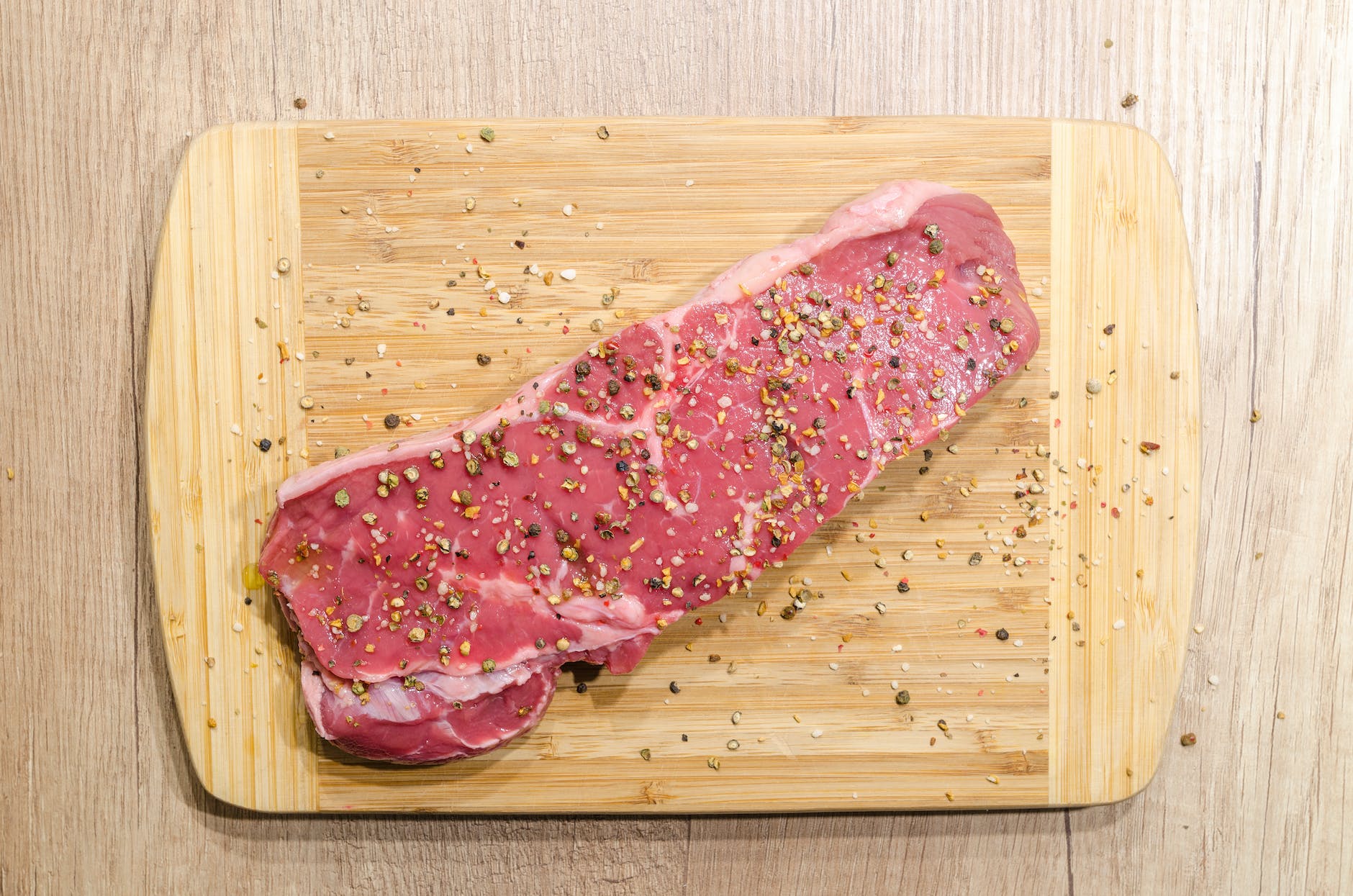
Welcome, health enthusiasts! Today, we’re diving into the world of two powerful ingredients: ginger and garlic. 🌿🧄 These culinary powerhouses have long been cherished for their distinctive flavors and remarkable health benefits. But did you know that combining ginger and garlic can create a potent duo that supports weight loss? Join us as we explore the dynamic synergy between ginger and garlic and unveil their health-boosting powers for shedding those extra pounds and enhancing your overall well-being! 💪🌶️🧄
1. Ginger: A Metabolism Booster Ginger, known for its spicy and warming taste, offers a range of benefits for weight loss. One of its key attributes is its ability to boost metabolism. Ginger contains compounds called gingerols and shogaols, which stimulate thermogenesis, a process that increases heat production and calorie burning in the body. By incorporating ginger into your diet, you can give your metabolism a natural kickstart and support your weight loss efforts.
2. Garlic: A Weight Loss Superfood Garlic, with its pungent aroma and flavor, is a weight loss superfood in its own right. It is low in calories but packs a powerful punch in terms of nutritional value. Garlic contains allicin, a compound that has been associated with appetite suppression, reduced fat storage, and increased metabolism. By including garlic in your meals, you can experience the benefits of its weight loss properties while adding depth and flavor to your dishes.
3. Synergistic Effects: Ginger and Garlic Together When ginger and garlic are combined, their individual health benefits are amplified, creating a powerful synergy. The combination of ginger’s metabolism-boosting properties and garlic’s potential for appetite suppression and fat burning makes this duo a formidable force for weight loss. Together, they can help you achieve your weight loss goals more effectively and efficiently.
4. Thermogenic Power As mentioned earlier, both ginger and garlic possess thermogenic properties, meaning they can increase heat production in the body and stimulate calorie burning. This thermogenic effect can help accelerate your metabolism, leading to more efficient fat burning and weight loss. By incorporating ginger and garlic into your diet, you can harness their thermogenic power and support your body’s natural fat-burning processes.
5. Anti-Inflammatory Benefits Inflammation in the body can hinder weight loss progress and contribute to various health issues. Both ginger and garlic have anti-inflammatory properties that can help combat inflammation, creating a more favorable environment for weight loss. By reducing inflammation, these ingredients support overall health and well-being, allowing you to focus on your weight loss journey without unnecessary barriers.
6. Enhanced Digestion Proper digestion is essential for weight management. Ginger and garlic both offer digestive benefits that can aid in weight loss. Ginger has long been used to soothe the digestive system, reduce bloating, and support healthy bowel movements. Garlic, on the other hand, promotes the growth of beneficial gut bacteria, which can improve digestion and nutrient absorption. By incorporating ginger and garlic into your meals, you can support a healthy digestive system and optimize your body’s ability to break down food and absorb nutrients efficiently.
7. Culinary Versatility One of the greatest joys of incorporating ginger and garlic into your diet is the versatility they bring to your culinary adventures. From stir-fries and curries to marinades, dressings, and even teas, ginger and garlic can elevate the taste and nutritional profile of a wide range of dishes. Experiment with different recipes and explore the countless possibilities these ingredients offer, making your weight loss journey both flavorful and satisfying.
8. Mindful Consumption While ginger and garlic offer numerous health benefits, it’s important to consume them mindfully and in moderation. Both ingredients have potent flavors, so start with smaller amounts and gradually increase based on your taste preferences. Additionally, if you have any underlying health conditions or are on medications, it’s always a good idea to consult with a healthcare professional before making significant changes to your diet.
9. Incorporating Ginger and Garlic into Your Diet Incorporating ginger and garlic into your daily diet is simple and delicious. You can add freshly grated ginger and minced garlic to stir-fries, soups, smoothies, or salad dressings for an extra flavor boost and health kick. Additionally, sipping on ginger and garlic-infused teas can provide a soothing and nourishing experience. Embrace their unique flavors and reap the benefits of this dynamic duo for weight loss and overall vitality.
Conclusion: Embrace the Power of Ginger and Garlic The combination of ginger and garlic creates a powerful synergy that supports weight loss and enhances overall well-being. With their metabolism-boosting properties, appetite suppression effects, anti-inflammatory benefits, and digestive support, ginger and garlic offer a holistic approach to weight management. So, spice up your meals, add depth to your flavors, and let ginger and garlic propel you towards your weight loss goals. Cheers to a healthier, slimmer you! 🌿🧄💪












